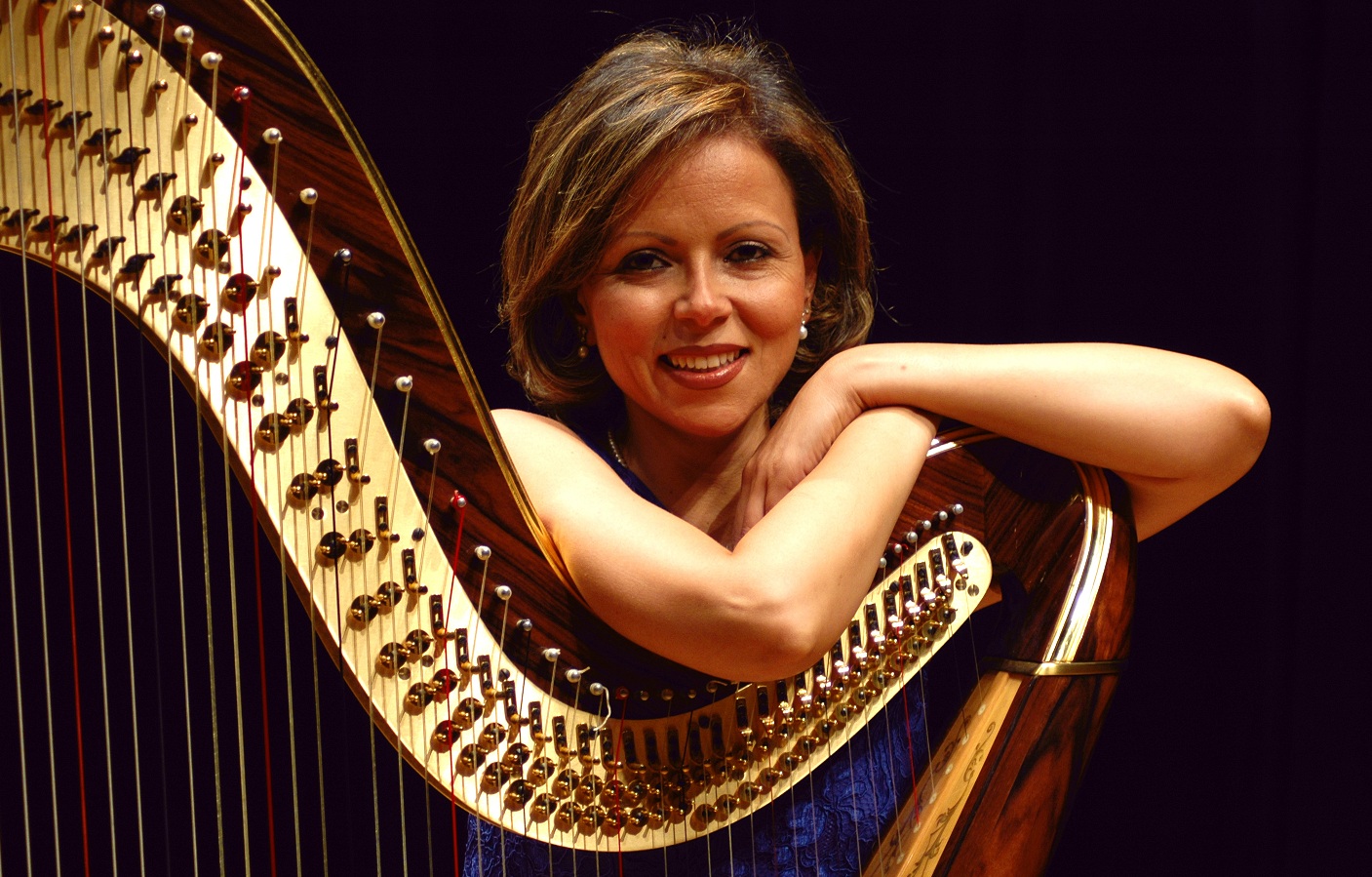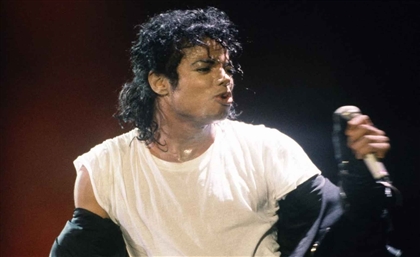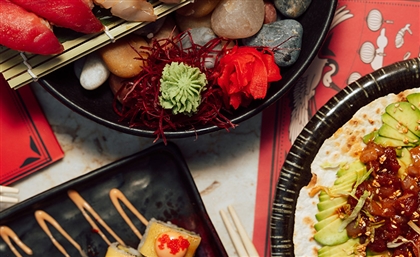Manal Mohei Eldin: Weaving Melodies
Moataz Abdulmonem chats with one of the most renowned and accomplished harpists in the Middle East, Manal Mohei Eldin, to talk about how she first started playing the instrument, her thoughts on the contemporary music scene, and her pre-performance rituals.

One of the most famous harp players in both Egypt and across the Middle East, Manal Mohei Eldin had made a name for herself playing one of Egypt’s most ancient instruments. With a family deeply rooted in the arts, Mohei Eldin's ascension to one of the most talented harpists in the region was almost a natural transition for her, as she began to study her craft at the age of ten. Though it may have been natural, it was not without certain effort on her part, as she spent many years honing her skills, even travelling to Germany for a time to develop her technique at a number of renowned musical institutes.
She now boasts a stellar career, spanning decades and countries. She was the very first Egyptian harpist to join the Cairo Symphony, making her a musical legend of sorts as prior to that, the harpists had always been foreigners since its inception in the 50s. The prodigal harp player has participated in many concerts solo and as part of an orchestra, both in Egypt and abroad with many tours in Europe, South America, and Africa. She has also performed with famed composer Omar Khairat's ensemble as well as having released a CD with her own ensemble. We speak to the renowned musician to find out a little more.
Why did you select the harp specifically as your instrument of choice?
Honestly, I didn’t choose to play the harp. It all happened by coincidence! I think it was fate that chose me. I first joined the Cairo Conservatoire when I was 10 years old. I remember when I passed the evaluation exam, there was my beloved professor Mrs. Nahed Zekry, who just decided to teach me to play the harp. Hence my journey began with the instrument purely by chance.
How has the harp evolved since Ancient Egyptian times until now?
It has evolved a lot throughout different eras and different times. For example, in the pharaohs’ era the harp was just a box and an arch made of wood, and its chords ranged from 15 to 18 chords. Meanwhile the harp’s shape changed from the Old State to the Middle Kingdom to the Modern State, and it took other forms and shapes in the Babylonian and Assyrian civilizations in Iraq until it evolved to what it is today.
How can you describe the impact of the harp on Arab and international music?
The harp is mostly a classic western instrument and I think that I succeeded in recruiting it to suit our Arabic music and culture, through my involvement with the artist Fathy Salama and the Banat Al-Nil band and my participation in playing with the great artist Omar Khairat.
You represent Egypt in many international festivals. How do you feel about this kind of participation and what is its importance to you?
It’s a great honour. I feel really proud and glad when I represent my country in any international festival, especially when I play Arabic oriental music for people who are from a totally different culture, and when I found them enjoying our legacy I took it in stride as a great success for me and for my country.
So how do you balance career and family?
I think I succeeded to a large extent to maintain a balance between my family and my career. Yet I can't deny that sometimes I lose that balance, especially when I am traveling for concerts outside the country. However long working hours and rehearsals don’t affect my private life, and I think that my husband helps me a lot in this because he is so supportive.
How would you assess the current Arabic music scene?
The music industry is crumbling now; the situation has changed a lot, especially with concerts that are no longer fully booked as they were in the past. The audience has changed over time, after the impact of technological development on art and music careers, which helps anyone to employ technology in order to create "fake" voices and sounds.
What are your habits before each music concert?
Prepare my clothes, visit my hairdresser, and get a cup of coffee.
What are your hopes for the future?
I hope to see Egypt living in true peace and real democracy, that my family is blessed, and to always make my fans happy after each concert.
You can check out Manal Mohei Eldin's Facebook page here.
- Previous Article Farahzada; An Artist on the Rise
- Next Article How Do People React When a Dog is Being Abused?
Trending This Week
-
Apr 24, 2025























